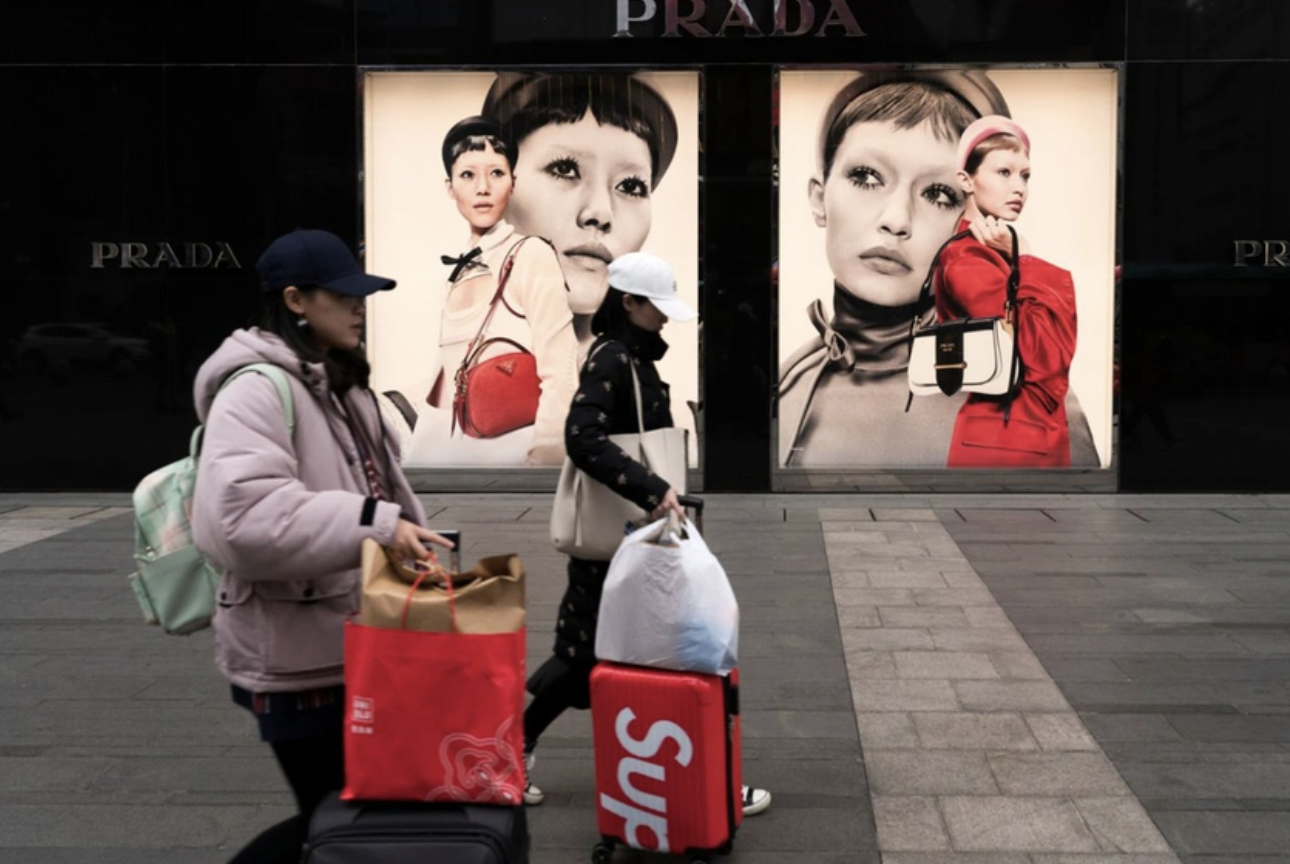by Dinh Pham Interview with Daniel Langer in Zing News, Vietnam
Later this decade, Gen Z will replace millennials as the main customers of the luxury industry. However, many brands are still struggling to reach this group. Gen Z, with a completely different worldview from the previous generation, has contributed to an unprecedented breakthrough in the luxury industry worldwide. They are the group that changed the face of a series of big brands.
Some prominent names such as Gucci, Balenciaga, IWC and Louis Vuitton have already changed their models from their traditional business form to capture young customers. However, many brands are still struggling, not even paying attention to this emerging customer segment, according to Jing Daily .
Professor Daniel Langer - CEO of luxury lifestyle and consumer brand strategy company Équité - recalls a strategy meeting with a luxury brand. At that time, the leaders of this company seriously questioned why they had to focus on Gen Z customers, because they did not have any customers of this generation. "I told them that if Gen Z sales don't hit 10-15%, the company will be obsolete by the end of the decade. Consumers won't suddenly 'mature' and change change their favorite brands. By the end of the decade, Gen Z will have replaced millennials as the most important consumer group in the luxury industry," Langer said.
In 2020, Chinese customers account for 32% of the global luxury industry market. Young people in the country of billions of people have become the group that business giants want to approach and understand.
In Langer's view, there are two important aspects that brands need to focus on to reach Gen Z customers: mindset and aesthetics. Both are equally important.
First of all, it's about mindset. Gen Z is made up of young people aged 25 and under. They grew up differently than any previous generation. This view holds true globally, and is especially true in China, where this group of children was born and raised on the one-child policy.
Gen Z China hardly experienced the hardships of the time when their parents and grandparents were cared for by their families. They care about social impact and pollution, sustainability when choosing to buy, but that is not all.
They are willing to buy and invest larger amounts. This is the most luxurious generation to ever enter the market. Gen Z sees things very differently. Growing up in times of globalization and the digital boom, Gen Z shaped their interests and attitudes from an early age.
The special thing is that Chinese Gen Z is fully accepting local brands, shifting the previous generation's tendency to prefer Western brands to choosing domestic products at an unprecedented speed. Nike and Adidas are feeling the pressure in competing against Chinese brands like Anta and Li-ning.
According to various media reports recently released, one of the reasons why Volkswagen fired CEO Herbert Diess was because the group lost a significant market share in China. The Financial Times said the reason for this car is the lack of on-demand features such as karaoke - a must-have option for young Chinese customers.
According to Langer, it's time for small and low-status brands to consider Gen Z as a central customer group, anticipating the rise of this generation. Talking about aesthetics, the professor said that the mistake of brands is to try to chase this new group of customers by wearing a youthful coat, even though it goes against the inherent brand image.
